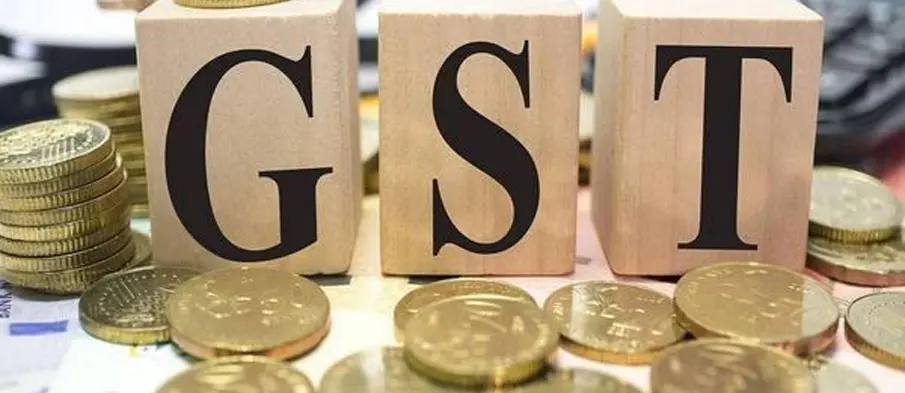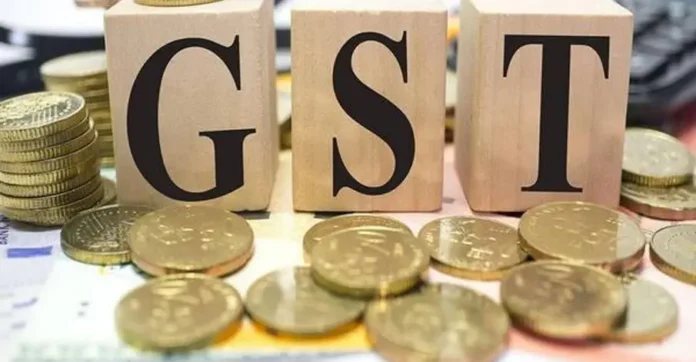
The Indian government has exposed a massive Goods and Services Tax (GST) evasion amounting to Rs 824.14 crore by 17 cryptocurrency exchanges, according to Pankaj Chaudhary, the Minister of State for Finance. The Central GST authorities are investigating these exchanges as part of an extensive crackdown on tax evasion within the crypto sector.
The most significant case is Nest Services Ltd, a company affiliated with the Binance Group, accused of evading Rs 722.43 crore in GST. This represents the largest GST evasion case within the ongoing investigation. So far, the government has managed to recover Rs 122.29 crore, covering taxes, penalties, and interest.
Other prominent cryptocurrency exchanges under investigation include WazirX, operated by Zanmai Labs Pvt Ltd, which allegedly evaded Rs 40.51 crore in GST, CoinDCX, which is accused of evading Rs 16.84 crore, and CoinSwitch Kuber, facing claims of Rs 14.13 crore in GST evasion. These exchanges are being scrutinized for failing to meet their tax obligations, with some reportedly misclassifying their services or undervaluing transactions to avoid GST.
In addition to targeting these large platforms, the government has also focused on individual investors trading in Virtual Digital Assets (VDAs). GST authorities discovered Rs 1.76 crore in evasion among four individual investors, and they have already recovered Rs 2.40 crore, which includes penalties and interest.
The government’s aggressive stance is part of a broader regulatory effort to address the taxation of cryptocurrencies, which are classified as Virtual Digital Assets under Section 2(47A) of the Income Tax Act. According to the new framework, crypto transactions are subject to a 30% flat tax on profits, in addition to a 1% Tax Deducted at Source (TDS) on transactions exceeding Rs 50,000 annually. This measure aims to ensure greater transparency and accountability in the cryptocurrency industry, which has been growing rapidly in India and globally. The investigation into the exchanges and their investors highlights the government’s commitment to enforcing tax compliance across the digital asset ecosystem, reinforcing its broader efforts to regulate and monitor cryptocurrency activities.





